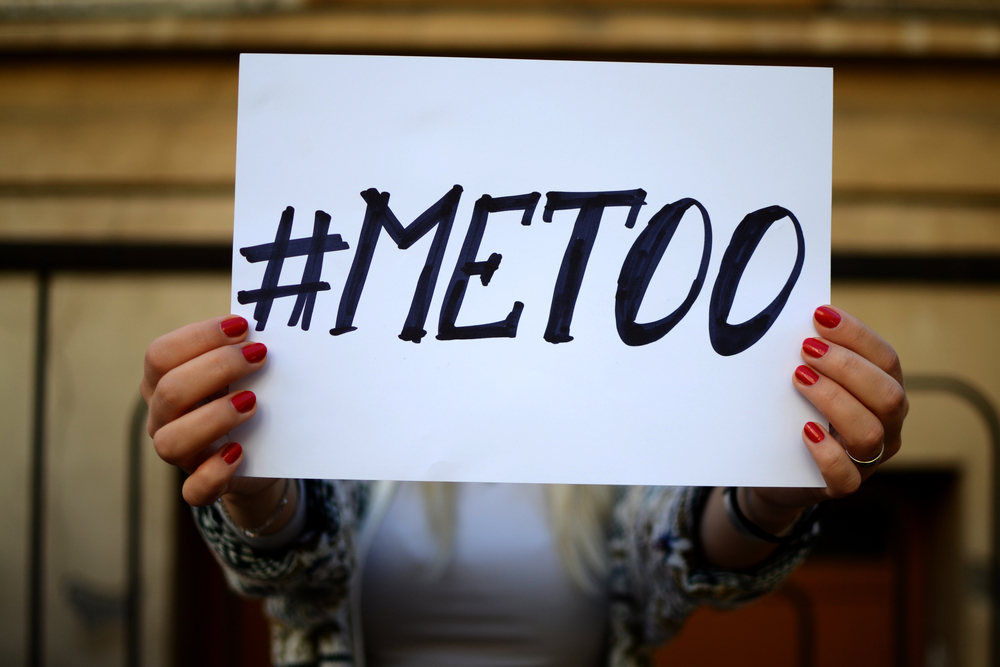A funny thing happens at the women’s conferences I attend. When a resolution is adopted or a motion proposed, the women stand up and cheer. And always, some will weep. It happened in November at the Beijing+25, a conference for Asia-Pacific nations to take stock of where we stood on gender-related declarations made a quarter century ago. When the resolution was adopted, everyone — media, government and United Nations officials and civil society organizers — was on their feet, clapping, cheering and weeping.
I have a theory for this display of emotion. Every woman carries within her a kernel of pain, either something that happened directly to her or to someone she is close to. Talk to your mother, wife, sister, friend. She might trust you enough to tell you how she was abused as a child. Perhaps she witnessed her father cheating on her mother. Perhaps she experienced sexual assault.
And so at an affirmative conference where resounding speeches are made about an equal world, something deep within us is triggered. We think, “Finally, someone gets us, someone believes us”. The tears are cathartic. Sometimes, a closed circle of women might share this pain with each other. But mostly, we never talk about it. Even the best among men really have no clue about the everyday realities of our lives — why we walk on the streets with our shoulders hunched, eyes downcast, or what it means to have the boss ask you, the only woman in the conference room, to order the coffee or take notes.
The screenwriter, Vinta Nanda, once told me how she learned her lesson in keeping quiet. Years ago, her father saw a man molest her sister while she was walking on the street. Enraged, he chased the man and hit him so hard that he lost his own balance, fell and broke his arm. “Every time we saw my father’s arm in plaster, it taught us that it is better to be silent than to cause our parents pain,” Nanda said. When she finally spoke up about being raped nearly two decades earlier by the actor, Alok Nath, a Mumbai sessions court remarked that the report had been filed after such a long delay ‘for her own benefit’. In a society that places the burden of proof and shame on women, how does going public with allegations of rape benefit a woman?
Yet, if the last year has taught us something, it is that the time for remaining quiet is over. “Speaking up can be addictive, also liberating,” said the journalist and my friend, Priya Ramani, while delivering the keynote address at the Goa literature festival in December. For speaking up against the Bharatiya Janata Party’s former minister of state for external affairs, M.J. Akbar, Ramani faces trial in a criminal defamation case filed by him.
Ramani has an ace pro bono legal team headed by Rebecca John. She has unwavering support from people who have turned up to the 26 hearings held in a Delhi court so far. But in Unnao, a rape survivor was burned alive on her way to court by those accused of raping her. Should she be considered ‘collateral damage’ in India’s war against its women citizens? The price of speaking up for women is unacceptably high. Women with opinions on social media face unbelievable cyber-violence. In courtrooms across the country, survivors of rape and sexual assault face hostile questions. Sometimes they are laughed at in court in an attempt to intimidate them. These are tactics employed not by a mob but by lawyers whose dharma it is to uphold the law.
If there is hope, it lies in a younger generation of women. Deepika Padukone showing up at a protest tells us more about Bollywood’s silence than her own outspokenness. In the long march against the Citizenship (Amendment) Act and the National Register of Citizens, women have taken the lead, protected male students and borne physical assault. These are women who will stand up for their rights and the rights of others, in street corners and in courtrooms, in India and elsewhere, and they do not do it for personal gain. They do it because they have seen and borne enough and will not be silenced.










